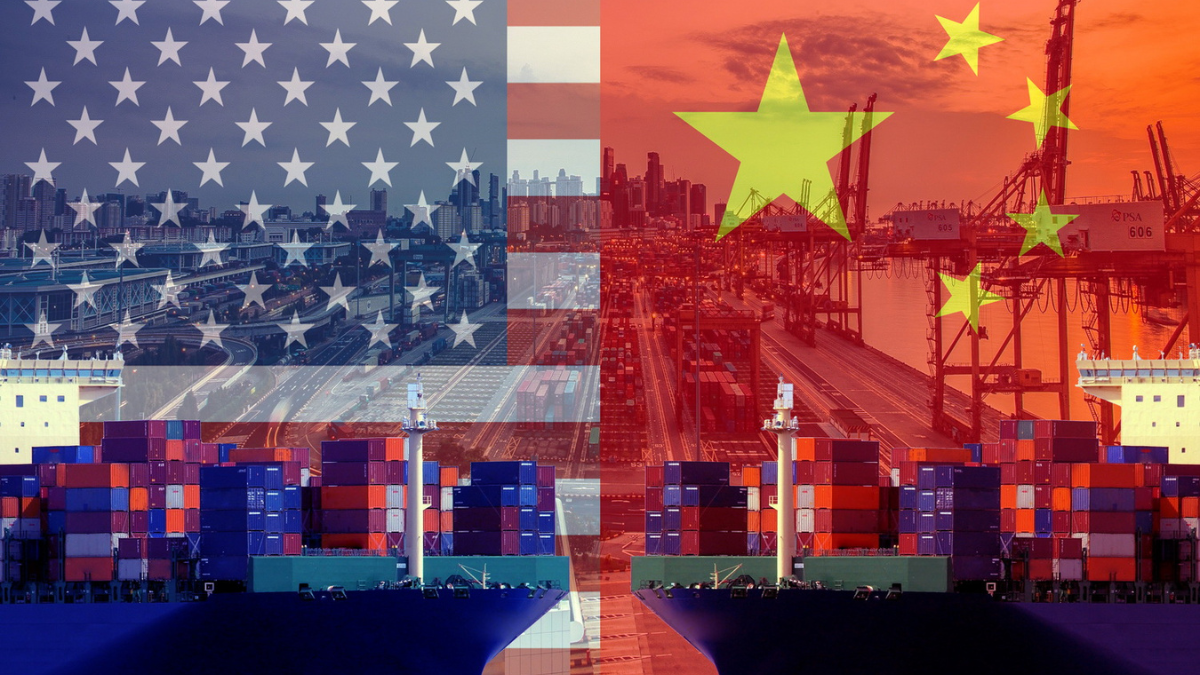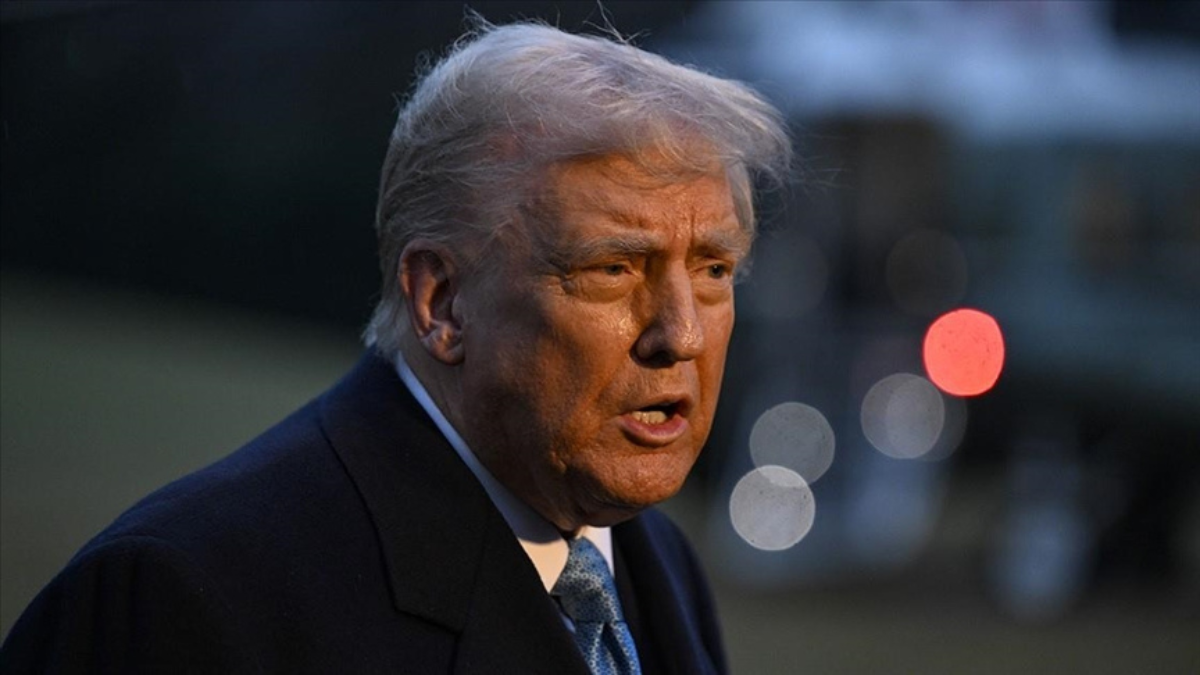Starbucks China, long seen as a crown jewel in the company’s global portfolio, is now at a turning point. As digital-native local rivals reshape coffee culture in China, investors and analysts are questioning whether the brand can continue to command a valuation as high as $10 billion.
According to sources, major private equity firms—including Hillhouse Capital, Carlyle Group, KKR, and Centurium Capital—have placed nonbinding offers to acquire a minority interest in Starbucks’ China operations. While some bids value the chain as high as $10 billion, others suggest a more conservative figure around $6 billion, highlighting uncertainty over growth sustainability.
Starbucks operates nearly 7,800 stores in China, yet its contribution to the company’s global profits remains modest. China accounts for about 9% of Starbucks’ revenue but just 7% of operating income, pointing to operational challenges even before local competition is factored in.
The biggest disruptors? Digitally aggressive, price-savvy local brands like Luckin Coffee and Cotti, which appeal to tech-native Gen Z and Millennial consumers. With AI-enhanced loyalty apps, QR-code menus, and frequent discount cycles, these homegrown challengers are offering convenience and customization at unbeatable prices.
To respond, Starbucks has tested targeted price cuts, a move that diverges from its traditional premium strategy. This has sparked debate within the investment community about how far the brand is willing to bend without losing its identity.
“Starbucks has the brand equity, but the battlefield has changed,” said Linda Zhao, a consumer analyst at EastSpring Global. “In a market where app speed, price agility, and cultural resonance matter more than Western cachet, they’re at a disadvantage.”
Internally, Starbucks is rumored to be evaluating strategic partnerships with local investors. CEO Laxman Narasimhan has confirmed that any future deal would retain Starbucks’ operational influence while allowing for stronger in-market alignment—possibly along the lines of McDonald’s 2017 China exit strategy, which shifted operations to a local consortium.
While private equity interest remains strong, investors are urging caution. “This is not the China of 2015,” one PE advisor noted. “Valuations should reflect the new, intensely competitive—and local—nature of the consumer economy.”









